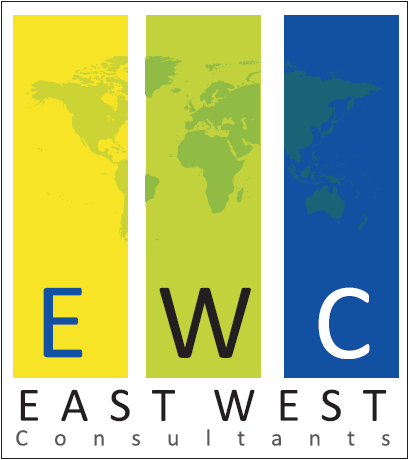Education System
New Zealand’s Education Systems
New Zealand’s education system focuses on teaching students to solve problems, absorb, analyze and apply information, to work with others to create and innovate. The system supports debate, free thinking and flexibility, and our teachers encourage students to be confident, connected and actively involved, lifelong learners.
- Higher Education
Whatever higher education you’re looking for, you’ll find it in New Zealand. We have eight universities, 18 polytechnics and institutes of technology, around 600 private training institutions, 27 English Language schools and around 20 industry training organisations. You can study for either academic or more practically focused qualifications, gaining everything from entry-level certificates to diplomas, degrees and doctorates. What’s more, these institutes are located nationwide, so you can study just about anywhere you like. New Zealand universities offer plenty of opportunities to study at all levels, from undergraduate to PhD, with a wide range of quality postgraduate programmes at the Masters and PhD levels. In New Zealand, Masters courses last for two years and PhD courses generally last 3 years.
Specific qualifications are also on offer, such as Graduate Diplomas and Honours. Graduate Diplomas are one year long courses, often used as transition courses for students who wish to study at a Masters level for a subject they don’t have an undergraduate degree in. Honours are specific degrees offered in New Zealand and Australia. These are one year long programmes taken after a Bachelor’s degree, often open only to high-achieving students. In some cases, Honours can be the first year of a Masters qualification while in others it’s the pathway to a PhD.
PhD students will pay the same fees as New Zealand students. There are scholarships available for international PhD students, including the New Zealand International Doctoral Research Scholarships. Each institution has specific scholarship opportunities too.
- Secondary School
New Zealand’s national secondary school qualification, the National Certificate of Educational Achievement (NCEA), is recognised by tertiary institutions in New Zealand and around the world.
NCEA has three levels. The students study course modules at these levels in their last three years at school. Most students take five subjects each year. High-achieving students at each level are recognized with ‘Merit’ and ‘Excellence’ endorsements. Approximately 60 New Zealand secondary schools offer Cambridge International Examinations and 21 offer one or more of the International Baccalaureate programmes.
- Intermediate School
Intermediate schools, where available, provide a bridge to secondary school for 11- and 12-year-olds. They help students to develop their thinking capacity, build self-esteem and expand their self-expression skills.
- Primary School
Primary schools provide children aged five to ten years old with a strong foundation in literacy and numeracy. They learn seven core subjects: English, mathematics and statistics, science, technology, social studies, arts, and health and physical education. In the final two years children learn an additional language.
New Zealand Qualifications Framework (NZQF)
The New Zealand Qualifications Framework (NZQF) was established in 2010 to provide a single unified framework for all New Zealand qualifications. It provides a comprehensive list of quality-assured qualifications, including the level of knowledge and skills that a student will have gained upon graduation. It also helps to establish high-quality education pathways between qualification levels. The NZQF is divided into 10 levels, ranging from certificate to doctoral degree level.
Level 10
- Qualification type: Doctoral degree
- Level knowledge: Knowledge at the most advanced frontier of a field of study or professional practice
Level 9
- Qualification type: Masters degree
- Level knowledge: Highly specialised knowledge and a critical awareness of issues in a field of study or practice
Level 8
- Qualification type: Postgraduate diploma, postgraduate certificate, bachelor honours degree
- Level knowledge: Advanced technical or theoretical knowledge in a specific discipline, involving a critical understanding of key principles
Level 7
- Qualification type: Bachelor degree, graduate diploma, graduate certificate, diploma level 7
- Level knowledge: Specialised technical or theoretical knowledge with depth in one or more fields of work or study
Level 6
- Qualification type: Diploma level 6, certficate level 6
- Level knowledge: Specialised technical or theoretical knowledge with depth in an area of work or study
Level 5
- Qualification type: Diploma level 5, certificate level 5
- Level knowledge: Broad operational, technical and theoretical knowledge within a specific aspect of an area of work or study
Level 4
- Qualification type: Certificate level 4
- Level knowledge: Broad operational and theoretical knowledge in an area of work or study
Level 3
- Qualification type: Certificate level 3
- Level knowledge: Some operational and theoretical knowledge in an area of work or study
Level 2
- Qualification type: Certificate level 2
- Level knowledge: Basic factual and operational knowledge of an area of work or study
Level 1
- Qualification type: Certificate level 1
- Level knowledge: Basic general and foundation knowledge
